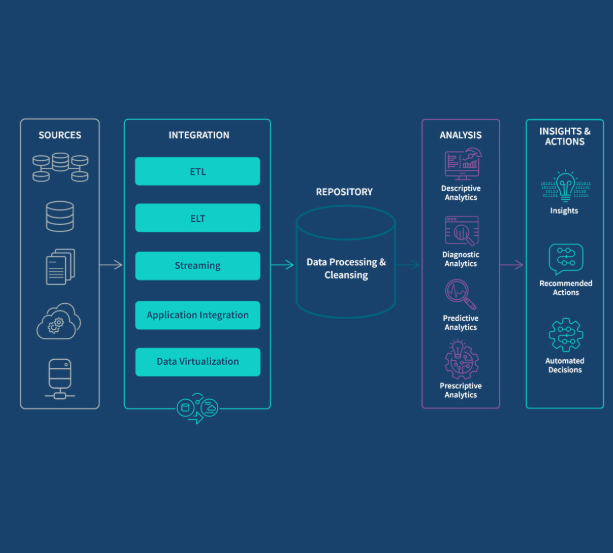
As a startup founder, you know that assembling the right tech talent can make or break your business. While local hiring has its advantages, more entrepreneurs are turning to offshore development teams to access world-class talent at competitive rates. But how do you build an effective remote team that delivers quality results?
The Strategic Advantage of Offshore Teams
Offshore development has evolved from a simple cost-saving measure to a strategic growth lever. By partnering with skilled professionals across borders, startups can:
- Access specialized expertise not available in local markets
- Scale teams rapidly without lengthy hiring processes
- Maintain 24/7 productivity through timezone differences
- Focus internal resources on core business functions
The key is approaching offshore hiring with the same diligence you would apply to local recruitment.
Building Your Dream Team: A Practical Approach
1. Define Your Technical Requirements
Start by mapping out:
- Project scope and technical specifications
- Required programming languages and frameworks
- Team structure (full-stack, specialized roles, etc.)
- Development methodology (Agile, Scrum, etc.)
Being specific upfront prevents misalignment down the road.
2. Select the Right Engagement Model
Consider these options:
| Model | Best For | Considerations |
|---|---|---|
| Dedicated Team | Long-term projects | Requires strong management |
| Project-Based | One-time deliverables | Fixed scope and budget |
| Staff Augmentation | Short-term needs | Quick ramp-up |
3. Evaluate Potential Partners
When vetting offshore providers, look for:
- Proven experience in your industry
- Portfolio of similar projects
- Transparent communication processes
- Cultural compatibility with your team
Conduct technical interviews just as you would for in-house hires. A coding test can reveal more than a resume.
4. Establish Effective Collaboration
Successful remote teams thrive on:
- Overlapping work hours for real-time discussion
- Standardized development workflows
- Regular progress updates and retrospectives
- Shared documentation practices
Invest in collaboration tools like Slack, Jira, and GitHub to keep everyone aligned.
Common Offshore Development Use Cases
Startups typically leverage offshore teams for:
1. MVP Development
Quickly validate ideas with cost-effective prototypes
2. SaaS Platform Scaling
Handle increasing user loads without infrastructure headaches
3. Legacy System Modernization
Update outdated systems with cloud-native solutions
4. AI/ML Implementation
Add smart features without building in-house data science teams
Navigating Potential Challenges
While the benefits are substantial, offshore development comes with considerations:
- Time zone differences require careful scheduling
- Cultural nuances may affect communication styles
- Intellectual property protection needs clear contracts
- Quality assurance demands robust testing protocols
The solution? Start with a small pilot project before committing to larger engagements.
Making It Work Long-Term
The most successful offshore partnerships share these traits:
- Mutual respect and trust
- Clear performance metrics
- Regular knowledge sharing
- Continuous process improvement
Treat offshore team members as extensions of your core team, not just vendors.
Is Offshore Development Right for Your Startup?
For businesses looking to:
✔ Accelerate development timelines
✔ Access niche technical skills
✔ Optimize development budgets
✔ Scale flexibly
Offshore teams offer a compelling solution. The key is selecting the right partner and building processes that foster collaboration across borders.
With proper planning and management, an offshore development team can become your startup’s secret weapon for technical innovation and growth. The global talent pool is waiting—are you ready to tap into it?
Looking to build your ideal offshore team? Start with a clear roadmap and the right development partner to turn your vision into reality.















































